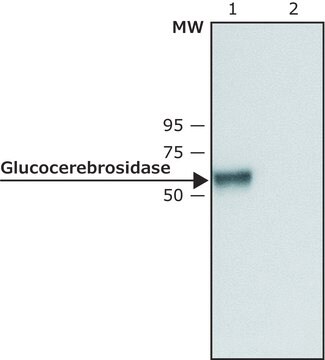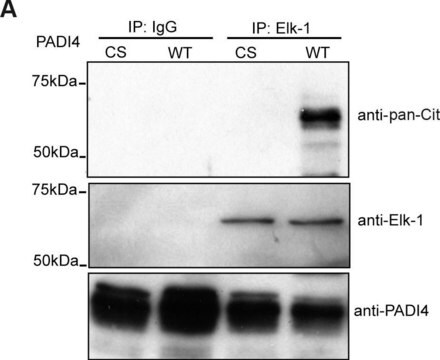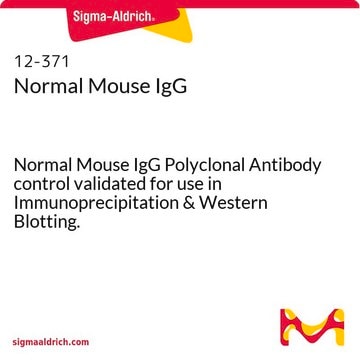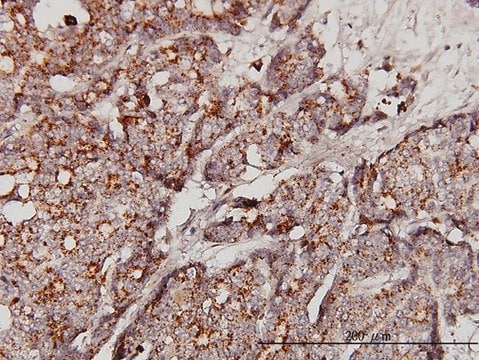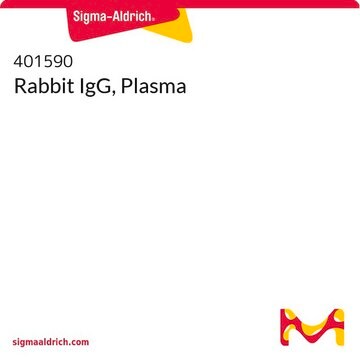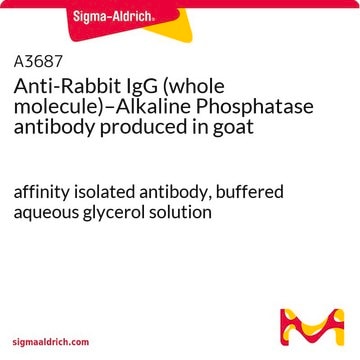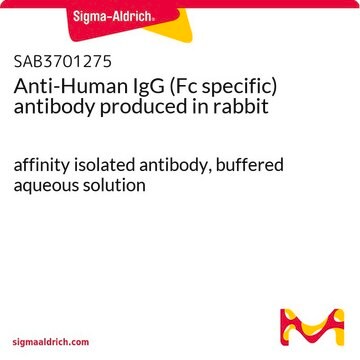G4046
Anti-Glucocerebrosidase antibody produced in rabbit

~1 mg/mL, affinity isolated antibody, buffered aqueous solution
Synonym(s):
Anti-D-glucosyl-N-acylsphingosine glucohydrolase, Anti-GBA, Anti-GBA1, Anti-Glucosidase, beta (Gluc), Anti-Glucosylceramidase (GlcCerase), Anti-Lysosomal glucocerebrosidase
About This Item
Recommended Products
biological source
rabbit
Quality Level
conjugate
unconjugated
antibody form
affinity isolated antibody
antibody product type
primary antibodies
clone
polyclonal
form
buffered aqueous solution
mol wt
antigen ~60 kDa
species reactivity
mouse, human, rat
enhanced validation
recombinant expression
Learn more about Antibody Enhanced Validation
concentration
~1 mg/mL
technique(s)
western blot: 1-2 μg/mL using HEK-293T cell lysate expressing human glucocerebrosidase (GBA) or SH-SY-5Y cell lysate
UniProt accession no.
shipped in
dry ice
storage temp.
−20°C
target post-translational modification
unmodified
Gene Information
human ... GBA(2629)
mouse ... Gba(14466)
Related Categories
General description
Application
Biochem/physiol Actions
Physical form
Disclaimer
Not finding the right product?
Try our Product Selector Tool.
recommended
related product
Storage Class Code
12 - Non Combustible Liquids
WGK
WGK 1
Flash Point(F)
Not applicable
Flash Point(C)
Not applicable
Personal Protective Equipment
Choose from one of the most recent versions:
Certificates of Analysis (COA)
Don't see the Right Version?
If you require a particular version, you can look up a specific certificate by the Lot or Batch number.
Already Own This Product?
Find documentation for the products that you have recently purchased in the Document Library.
Our team of scientists has experience in all areas of research including Life Science, Material Science, Chemical Synthesis, Chromatography, Analytical and many others.
Contact Technical Service
